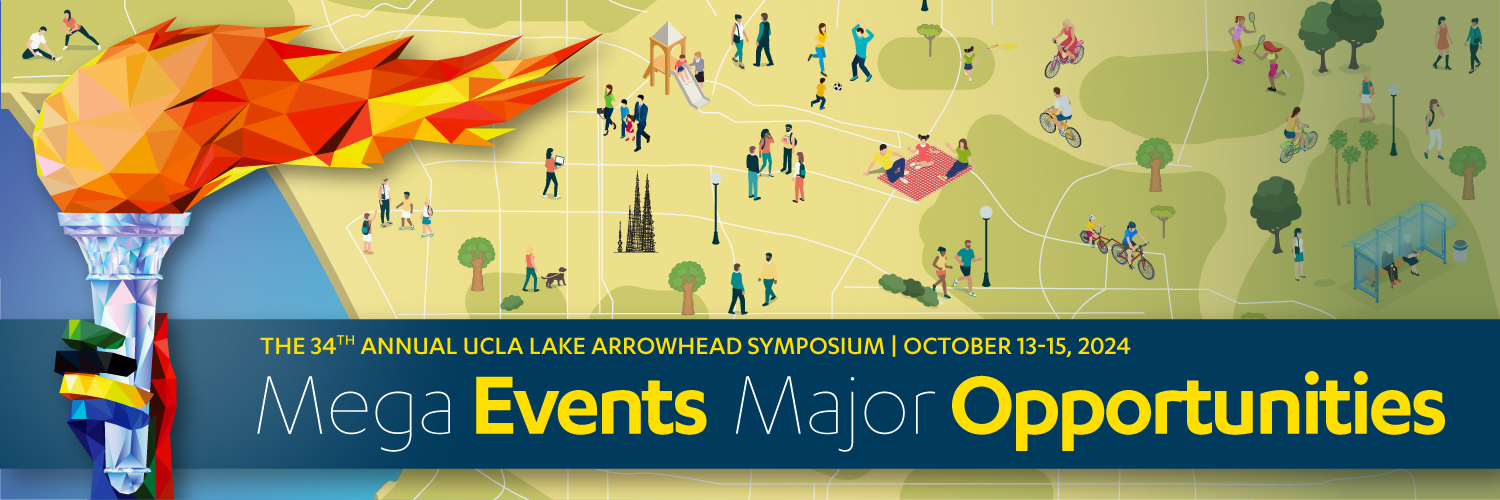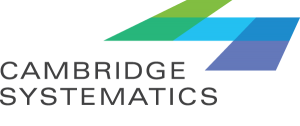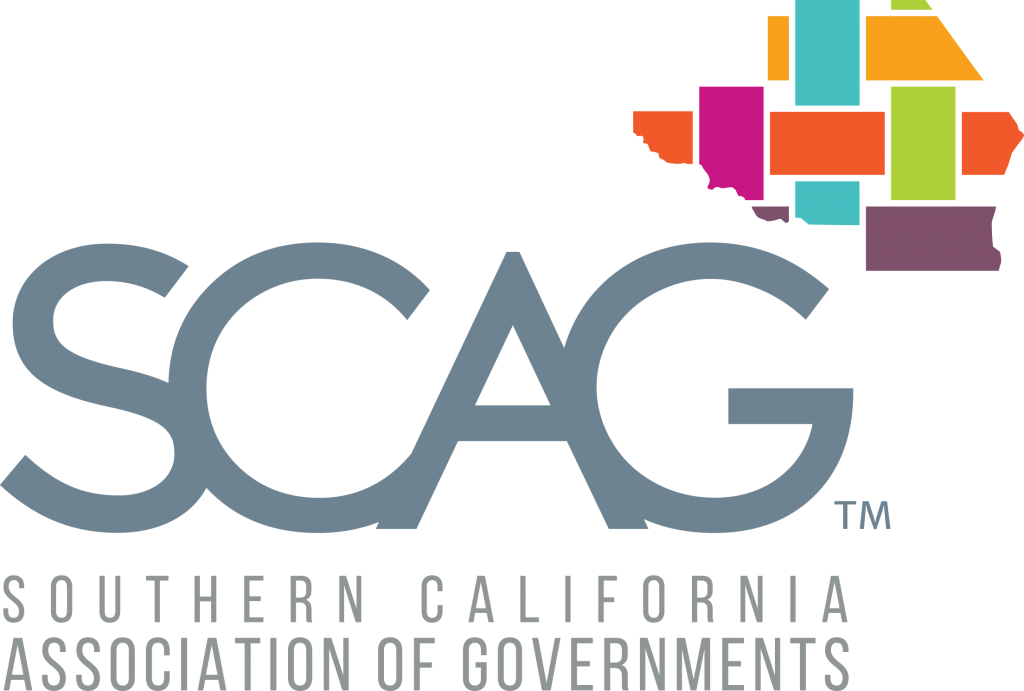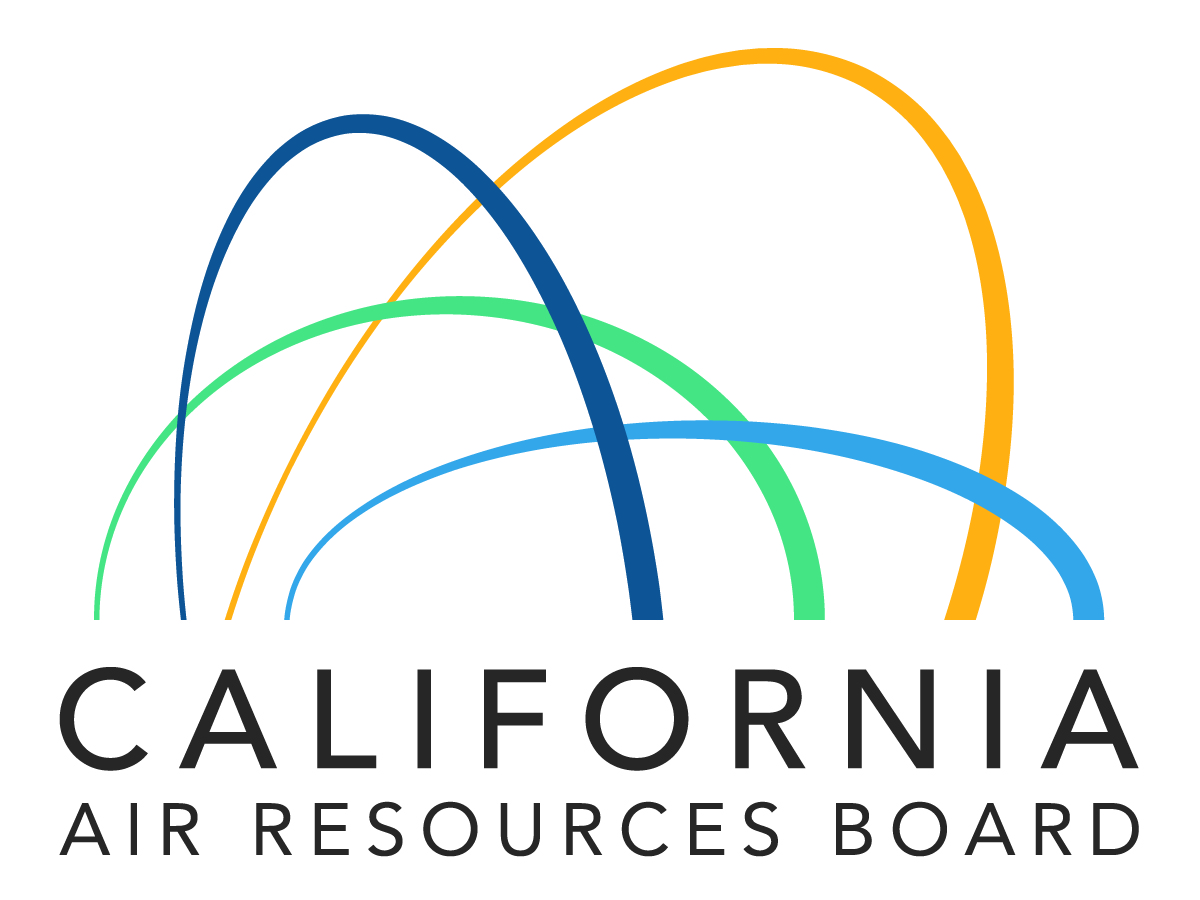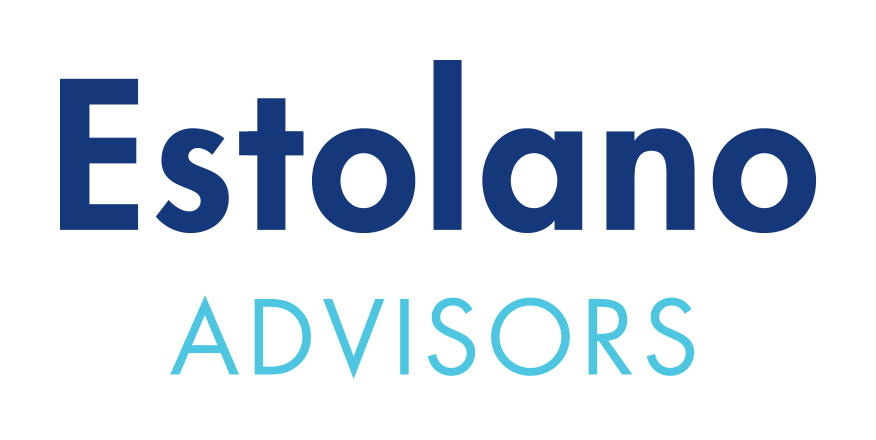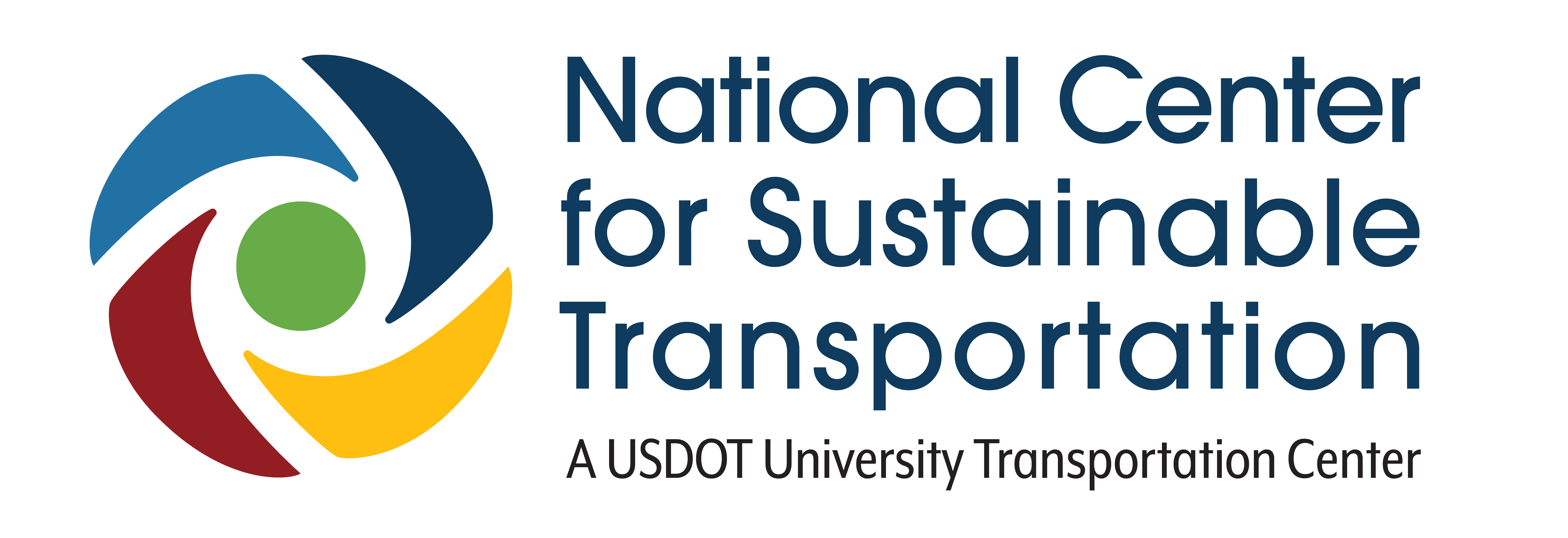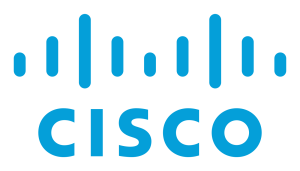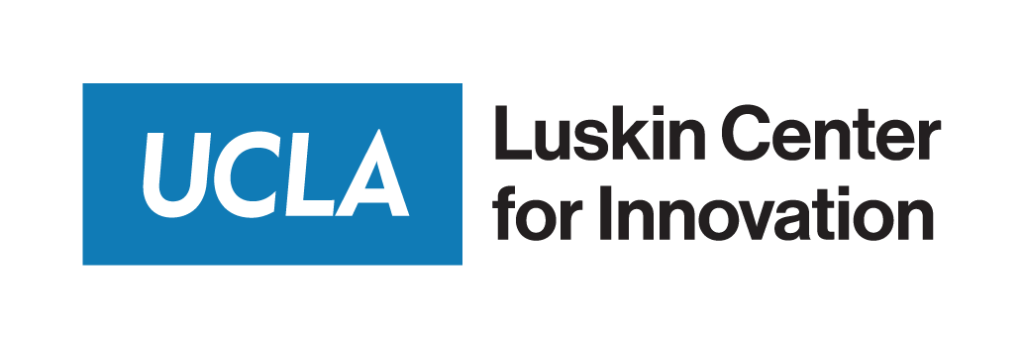Mega Events, Major Opportunities
In hosting mega-events such as the Olympics and Paralympics or World Cup, cities face the challenge of balancing the immediate needs of these global exhibitions with their local, long-term planning goals related to sustainability, housing, vibrancy, and equity. The 2024 UCLA Arrowhead Symposium, Mega Events: Major Opportunities probed this critical issue, bringing together policymakers, urban planners, past host city representatives, community leaders, and academic experts to learn in collaboration and conversation. Attendees gained valuable insights from case studies and experts, and learned strategies for maximizing positive legacies to create lasting benefits for host cities and people living in them.
This year’s program included multiple layers of inquiry and opportunities for attendees to think, strategize, and apply what they’ve learned to their work:
Speakers
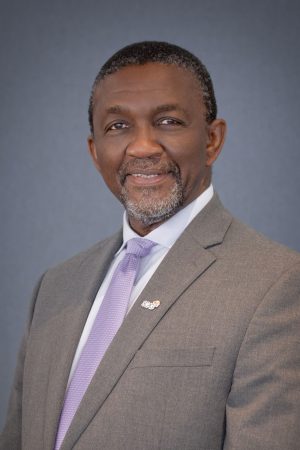
Kome Ajise

Marissa Ayala
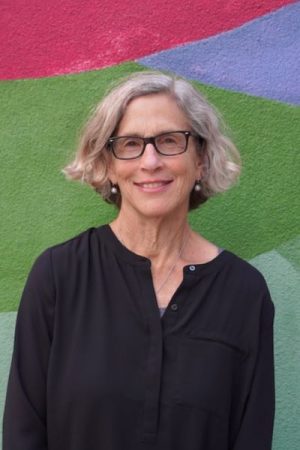
Evelyn Blumenberg
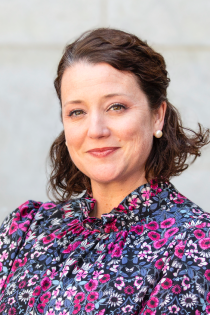
Erin Bromaghim
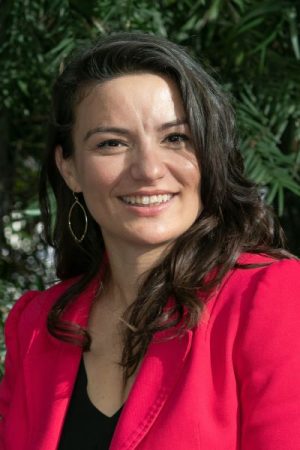
Madeline Brozen

tamika l. butler

Candace Cable

Ale Andres Campillo
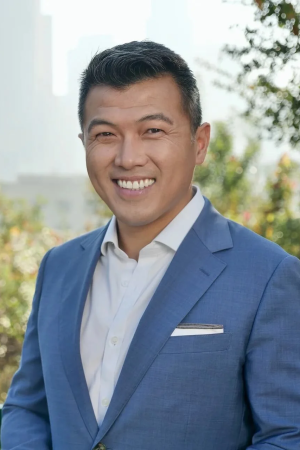
Steven Cheung

Genevieve Giuliano

Henry Grabar

Veronica Hahni

Javier Hernandez
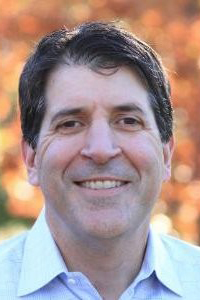
Bill Higgins

Brenda Jackson

Alicia John-Baptiste

Eli Akira Kaufman

Karin Korb
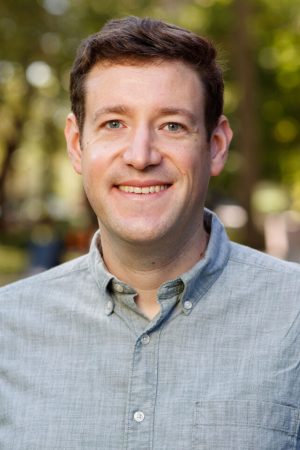
John Lauermann

Trent Lethco
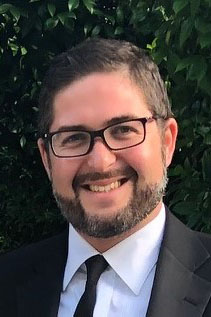
Eli Lipmen

Gustavo Lopes dos Santos

Anastasia Loukaitou-Sideris

Karen Mack
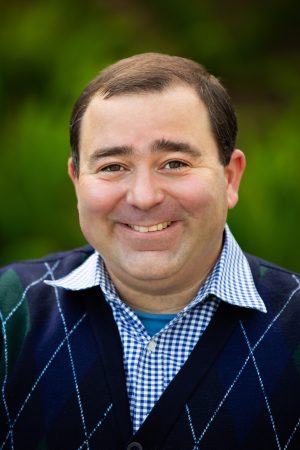
Juan Matute
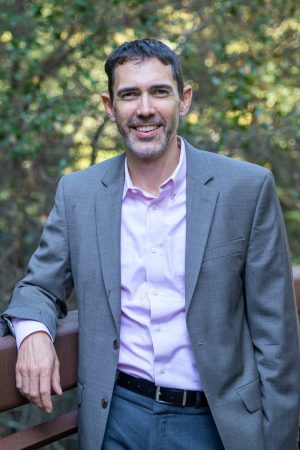
Adam Millard-Ball

Bryn Moncelsi
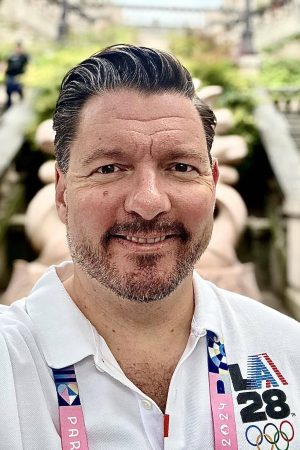
Sam Morrissey
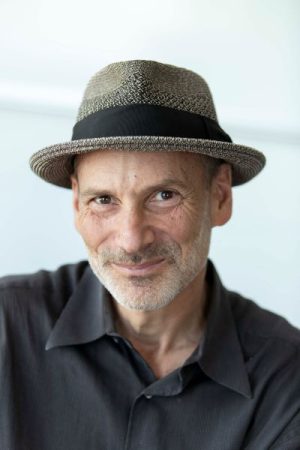
Aaron Paley

Katharine Perez
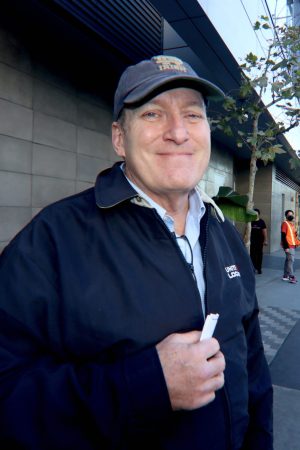
Kurt Petersen

Makenzi Rasey

Marlon Regisford

Seleta Reynolds
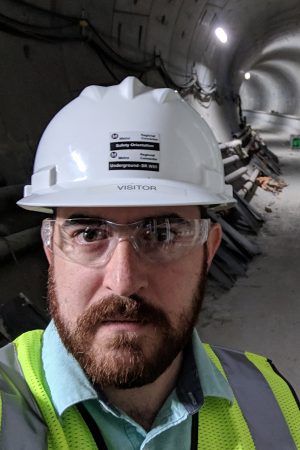
Daniel Rodman

Carter Rubin
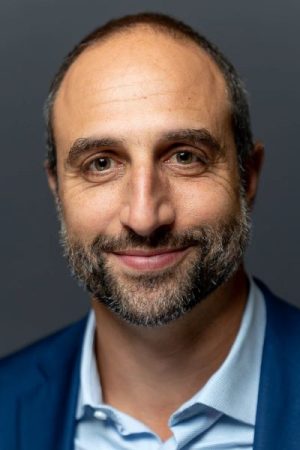
Joshua Schank

Brian D. Taylor

Christopher Torres

Molly Wagner

Alissa Walker
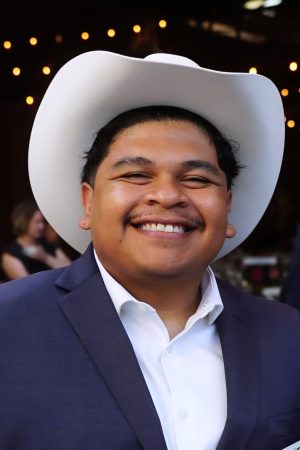
Oscar Zarate
Sessions
Individual session presentations are available to 2024 Symposium attendees. If you’re an attendee and would like access to presentations, email arrowhead@uclaarrowheadsymposium.org.
Mega Event Opportunities (and Challenges)
Some cities can successfully accomplish long-term goals and objectives with the planning, financing, and execution of mega-events. Many do not. In this session, we’ll learn from legacy-builders and researchers about what has worked and what hasn’t (including from Los Angeles 1984), with suggestions for future mega events in the United States.
Genevieve Giuliano
Interim Dean and Distinguished Professor, USC Sol Price School of Public Policy
John Lauermann
Associate Professor, Pratt Institute
Alissa Walker (moderator)
Editor, Torched
Creating an Inclusive Economic Legacy
The Fundamental Principles of Olympism include a commitment to solidarity and fair play. Economic inclusion — ensuring that more people can benefit economically from mega events — creates a fairer playing field for companies and workers as the world comes to Los Angeles. L.A. has adopted the marquee feature of the 2012 London Games — a regional marketplace that will give medium and small businesses access to mega event–related procurement opportunities typically reserved for large businesses. But can Los Angeles also advance economic inclusion for those working in tourism, hospitality, and venues who face increasing housing costs and transportation burden?
Erin Bromaghim
Deputy Mayor of International Affairs, City of Los Angeles
Stephen Cheung
President and CEO, Los Angeles County Economic Development Corporation
Kurt Petersen
Co-President, UNITE HERE Local 11
Evelyn Blumenberg (moderator)
Professor, UCLA and Director, UCLA Lewis Center for Regional Policy Studies
Moving Mobility Forward
Los Angeles — paradoxically the densest U.S. region and also among the most sprawling and auto-dependent — is in the midst of a 50-year transition to a multimodal transportation system, with high capacity public transit as the backbone. Mega events create an opportunity to accelerate this transition and demonstrate the success of the growing public transit system as the preferred option for more Southern Californian’s mobility needs.
Trent Lethco
Principal, Arup
Sam Morrissey
Vice President of Transportation, LA28
Seleta Reynolds
Chief Innovation Officer, LA Metro
Christopher Torres
Principal, Somos & Agency Artifact
Adam Millard-Ball (moderator)
Professor, UCLA and Director, UCLA Institute of Transportation Studies
A Universal Access Legacy for Los Angeles
In August 2028, the world’s most elite athletes will come to Los Angeles to compete in the Summer Paralympic Games. Hosting this global event calls attention to the challenges that people with disabilities have navigating public space in Los Angeles. In hosting the Paralympics and prior mega events, how can Los Angeles accelerate permanent changes to sidewalks, paratransit, public space, venues, parks, and plazas that create a universal access legacy?
Candace Cable
Consultant, Candace Cable Consulting
Karin Korb
Founder, Karin Korb, LLC
Molly Wagner
Senior Manager of Transportation, Center for Neighborhood Technology
Madeline Brozen (moderator)
Deputy Director, UCLA Lewis Center for Regional Policy Studies
Civic Sector Infrastructure to Maximize Benefits From Mega Events
Los Angeles lacks the civic sector regional planning and policy capacity of San Francisco (SPUR) and New York (RPA). The void of such an institutional capacity in Los Angeles limits the advancement of coordinated local and regional policy ideas.
Genevieve Giuliano, interim dean at the USC Price School of Public Policy, Anastasia Loukaitou-Sideris, interim dean at the UCLA Luskin School of Public Affairs, SPUR CEO Alicia Jean-Baptiste, and SCAG Executive Director discuss their institution’s role in conversations about regional planning and policy and discuss whether the introduction of additional civic sector planning capacity help create lasting infrastructure legacies from future mega events in Los Angeles.
Kome Ajise (unable to attend)
Executive Director, Southern California Association of Governments
Darin Chidsey
Chief Operating Officer, Southern California Association of Governments
Genevieve Giuliano
Interim Dean, USC Price School of Public Policy
Alicia John-Baptiste
President and CEO, SPUR
Anastasia Loukaitou-Sideris
Interim Dean, UCLA Luskin School of Public Affairs
Brian D. Taylor (moderator)
Professor, UCLA
BE BOLD: Building Equity through Bus-Only Lane Deployments
These breakout workshops will explore coalition-building, planning and implementation processes, and the benefits of creating a comprehensive network of bus-only lanes for mega events and the future of Los Angeles.
Breakout #1: The BOLD Coalition for Bus-Only Lane Deployments
Can labor, community organizers, and transportation advocates come together to support the deployment of a network of bus-only lanes in Los Angeles County that serve not only mega events but daily life?
Marisa Ayala
Campaigns and Outreach Coordinator, ACT-LA
Ale Andres Campillo
Policy Advocate, Koreatown Immigrant Workers Alliance
Eli Lipmen
Executive Director, Move LA
Bryn Moncelsi
Deputy Director, Climate Resolve
Brenda Jackson
Lead Transit Justice Organizer, Community Power Collective
Eli Akira Kaufman
Executive Director, Bike LA
Kurt Petersen
Co-President, UNITE HERE Local 11
Carter Rubin
Director of State Transportation Advocacy, Natural Resources Defense Council
Oscar Zarate
Director, Organizing and Advocacy, Building Equity and Transit, Strategic Actions for a Just Economy
Juan Matute (moderator)
Deputy Director, UCLA Institute of Transportation Studies
Breakout #2: Building Governmental Capacity for Bus-Only Lanes
A comprehensive network of bus-only lanes would require mobilizations and partnerships across government agencies and levels of government for planning, engineering, implementation, and operations. Participants discuss the scale and scope of such an effort.
Javier Hernandez
Director of Innovation & Communications, City of Pico Rivera
Makenzi Rasey
Assistant General Manager of External Affairs, Los Angeles Department of Transportation
Marlon Regisford
Deputy District Director – Planning & Local Assistance, Caltrans District 7
Joshua Schank (moderator)
Partner, InfraStrategies and Senior Fellow, UCLA Institute of Transportation Studies
Nurturing Neighborhood Identities Through Placemaking and Cultural Programming
Los Angeles is a global city and a polycentric city. This offers an incredible opportunity to acknowledge and celebrate diverse neighborhood cultures throughout the region through placemaking and cultural programming. Where do mega events play a role in alignment or conflict in supporting longevity in these activities?
Veronica Hahni
Executive Director, Los Angeles Neighborhood Initiative
Karen Mack
Executive Director, LA Commons
Aaron Paley
President, Community Arts Resources
Juan Matute (moderator)
Deputy Director, UCLA Institute of Transportation Studies
Learning From Paris 2024
Takeaways from the 2024 Olympic and Paralympic Games in Paris from those who were there and those who have researched planning and implementation processes.
Gustavo Lopes dos Santos
Doctoral Student, Tecnico Lisboa
Henry Grabar
Author and Journalist, Slate
Marcel Porras
Deputy Chief Innovation Officer, LA Metro
Katherine Perez (moderator)
Co-Director, Los Angeles Tomorrow
The UCLA Institute of Transportation Studies, which presents this UCLA Lake Arrowhead Symposium, acknowledges the UCLA campus presence on the traditional, ancestral and unceded territory of the peoples who today use the names Tongva, Gabrielino, and Kizh.
Furthermore, we acknowledge the UCLA Lake Arrowhead Lodge & Conference Center’s presence on the traditional, ancestral and unceded territory of the Yuhaaviatam Indigenous people.


